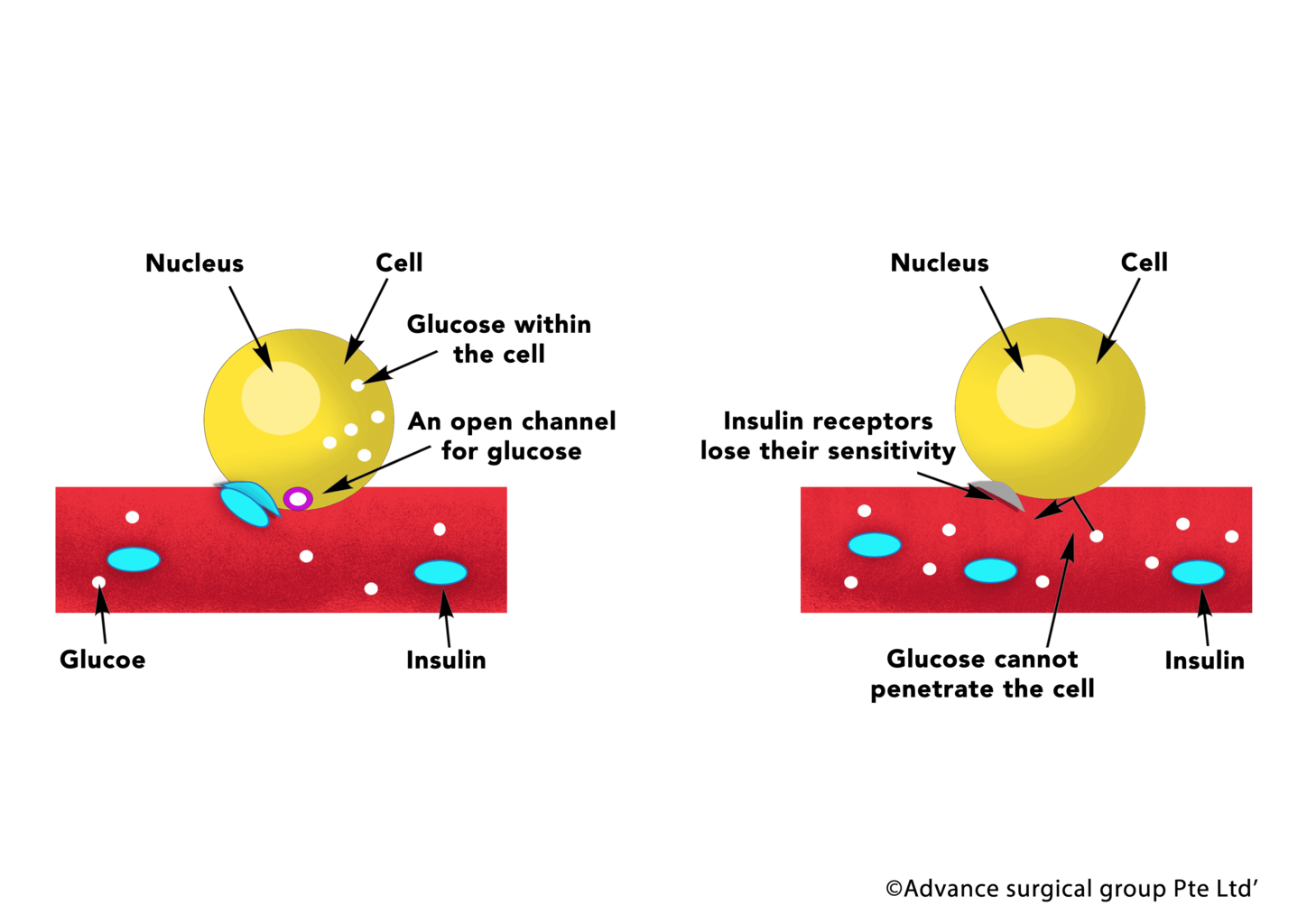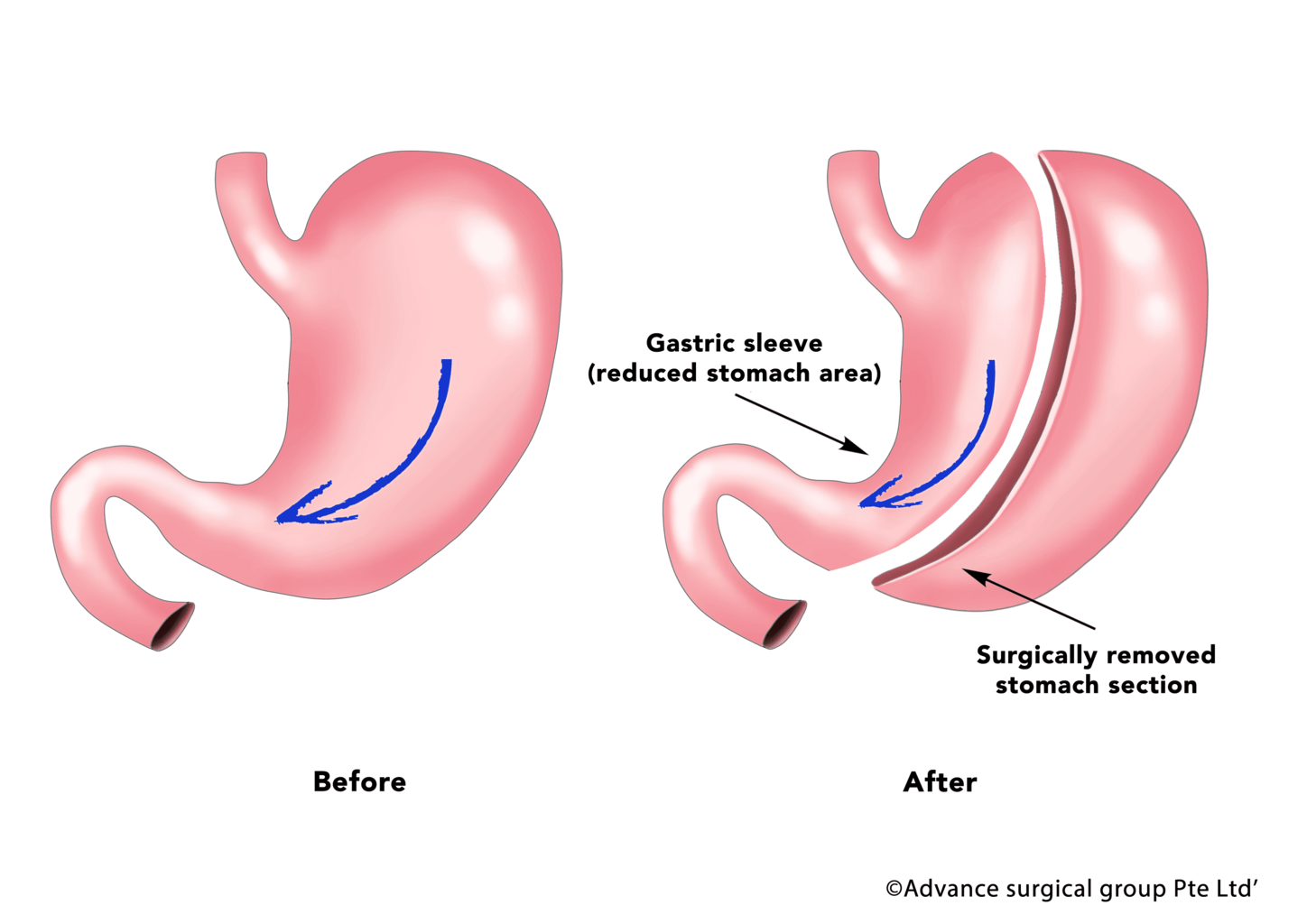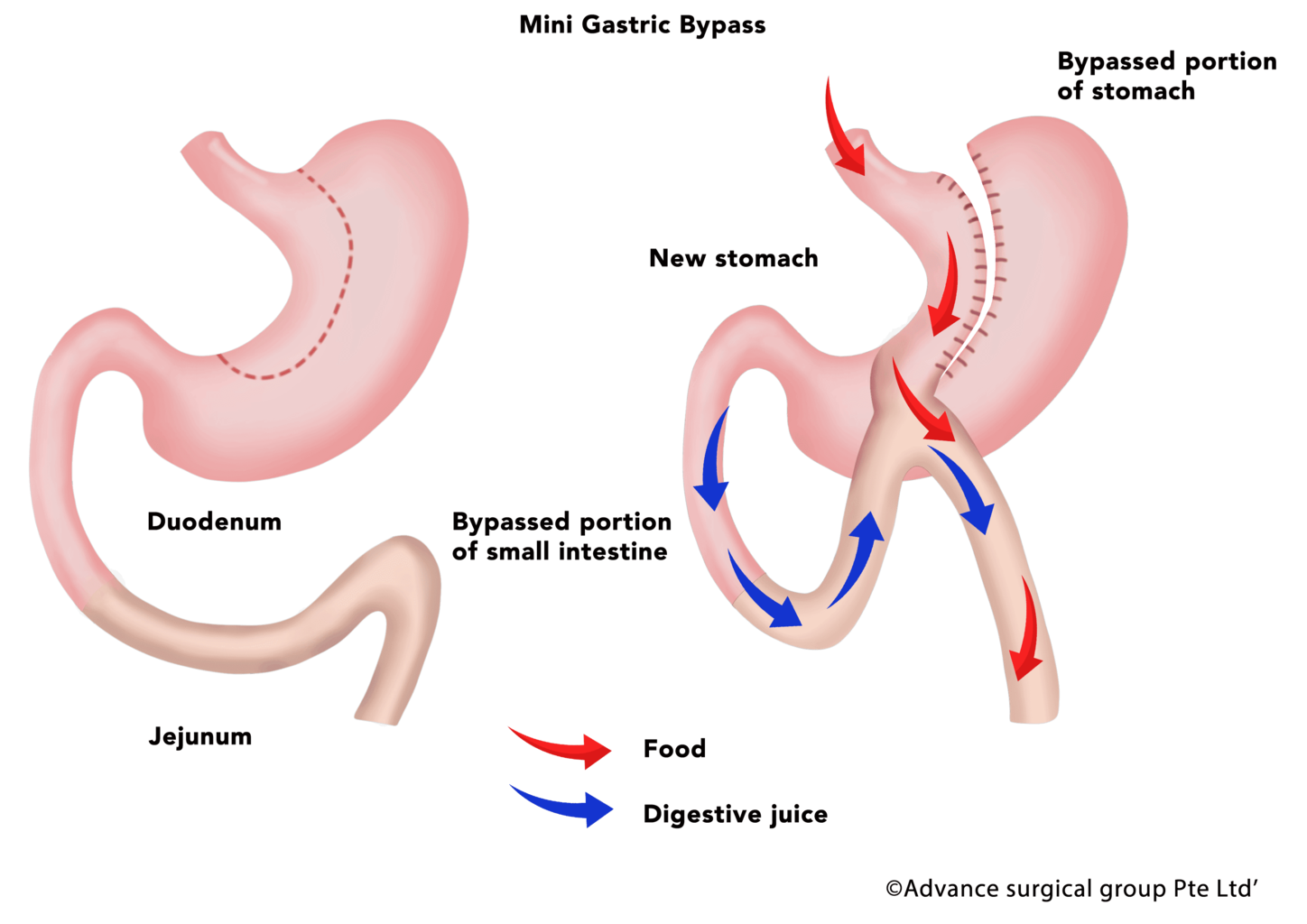Notice: As part of our surveillance and to reduce risk of infection, we have updated our patient and visitor policy. Click here for more information
Type 2 Diabetes
Causes, Symptoms and Treatment
What is Type 2 Diabetes?
Type 2 Diabetes is the common garden variety. There are two problems. Insulin deficiency and Insulin resistance. In most cases the patient does produce insulin but not sufficient for his needs.

How common is Type 2 Diabetes in Singapore?
The prevalence of Diabetes in Singapore is about 13.7 %. The majority being type 2 diabetes. The incidence of both Type 1 and Type 2 diabetes are increasing rapidly. It is estimated that the lifetime risk of Singaporeans developing the disease is one in three and it is estimated by 2050 there will be more than 1 million cases.
What causes Type 2 Diabetes?
The causes are part genetic and part environmental. If you have first degree relatives with diabetes you are more likely to get it. Genetic factors play a larger role in type
Lifestyle also plays a critical role in increasing the risk of getting type II diabetes which include:
Obesity
There is generally a stronger propensity for obese individuals to get type 2 diabetes.
Blood lipid levels
High levels of triglycerides and low levels of high density lipoproteins are associated with type 2 diabetes.
Inactivity
Keeping a healthy BMI weight through exercise reduces the occurrence of type 2 diabetes as you are constantly burning glucose and makes your cells more sensitive to insulin.
Age
Generally if you are over the age of 45, there is a higher risk of type 2 diabetes, this risk increases with age
Prediabetes
If you had a recent blood test and your blood sugar is above normal but not classified as diabetes, you could be diagnosed with prediabetes. This often progresses to type 2 diabetes if not treated.
Unhealthy eating
High levels of consumption of large quantities of sugar and refined carbs are also risk factors to developing diabetes.
What are the symptoms of Type 2 Diabetes?
The early symptoms are thirst and frequency or urination. Most patients start off asymptomatic and don’t know they have it. They are picked up by routine blood or urine tests. That’s the reason why health screening is pivotal to find the disease early. If caught too late type 2 diabetes can lead to a coma. If Diabetes is not diagnosed and left to take its course multiple organ and tissue damage will occur. One such symptom is microvascular disease that would lead to eye damage, nerve damage and kidney damage. Another is macrovascular disease that will affect large vessels and lead to heart disease, stroke and loss of limbs. There are also a host of other symptoms including skin conditions, erectile dysfunction and gastrointestinal disorders.
On the whole, Diabetics live 10 years shorter than normal people and there are more diabetes and diabetes related deaths than deaths from Covid 19. Diabetics are also more likely to die from Covid than normal people.
Diabetics have about double the risk of getting cancer.
50% to 60% of coronary artery disease is preceded by diabetes and 60% of kidney disease patients on dialysis are related to diabetes. Diabetes is largely responsible for 80% of amputations of the lower limb. In addition, 75% of diabetics will suffer from a heart attack and 16% from stroke. Diabetic men are also associated to having erectile dysfunction.
How do we diagnose for Type 2 Diabetes?
Fasting blood sugar and HbA1c are the initial tests. To look for the cause, anti islet cell and anti GAD antibodies can be done. A C peptide will document endogenous insulin production. Other tests are directed at assessing end organ damage. An eye examination for retinopathy for instance would also be a strong indicator.
Type 2 Diabetics should have a general screening of all possible target organs which can be damaged by diabetes. This includes heart, kidneys and eyes especially. Some useful screening tests are ECG treadmill, CT coronary angiogram, urine for albumin, kidney function and a thorough eye check.
If you are interested in screening for type 2 diabetes, please book an appointment with us here.
How do we manage Type 2 Diabetes?
Diet and lifestyle
Type 2 diabetics should exercise regularly, have a low carb, low sugar diet and keep slim. Continuous sugar monitoring will help the patient see the effects of various foods and activity on the blood sugar. This can be done with new glucose monitoring devices which allow one to check blood sugar at all times on a handphone app. With proper monitoring some mild Diabetics can even be managed without drugs.

Drug treatment
This is the most common modality of treatment though not necessarily the best. There is a wide range of drug classes and all have different targets of action. The most common drug is metformin which is probably the best drug for early and moderate severity diabetes.
It is important to note about drugs usage is:
- None are curative and it will not reverse your diabetes
- There are related side effects
- Most do not reduce your risk for diabetic complications or prolong your life.
- Drugs are usually prescribed for life
If you do elect to undergo the pharmaceutical way, you will require close monitoring by your doctor as the need for medication tends to increase over time as your diabetes gets worse.
In 50% of cases, diabetics will deteriorate to the point they need insulin even though they are type 2. Many will require a combination of oral medication and insulin.
Diabetics who cannot be controlled on oral medication alone have to transition to insulin. The regimes are very variable but all require strict monitoring which mean multiple pin pricks daily either to check blood sugar levels or to administer insulin. In addition, insulin pumps and continuous blood sugar monitoring devices can be administered to improve the transition to a diabetic management lifestyle.
There are other options which include surgery.
How is Type 2 Diabetes controlled?
Strict blood sugar monitoring coupled with accurate insulin management remains the mainstay of management. A continuous sugar monitoring device which allows one to check blood sugar on a smart phone through an app is a very effective means to regulate blood sugar. In comparison to the more conventional way of pricking multiple times daily.
Does diet and lifestyle matter?
Very much so. Type 1 diabetics should exercise regularly, have a low carb, low sugar diet and keep slim. Continuous sugar monitoring will help the patient see the effects of various foods and activity on the blood sugar.
What are the surgical management of Type 2 Diabetes?
The development of minimally invasive surgery has opened up options for the treatment of Type 2 Diabetes. There is now the possibility of remission & reversal of the disease.
Many doctors will advise caution in surgery for Type 2 Diabetes, however, this is another option that is supported in the report by the American Diabetic Association. In 2009, they published the criteria for remission and cure. The official definition of a remission is when a diabetic patient can maintain normal blood sugar for a year without medication. If he can maintain it for 5 years it is considered an operational cure.
Metabolic surgery is the current treatment modality that can achieve the criteria. Generally, this option should be advised under a trained diabetes specialist or one of our specialists. The possible added benefits also include the reversal of hypertension and cholesterol problems.
The two most practiced metabolic operations are the Gastric Sleeve operation and the Gastric Bypass. There are many variations to the latter from Classic Roux en Y to many variations of single anastomosis of mini bypass.
The gastric sleeve resection is the most commonly performed metabolic surgery procedure and is suitable for mild to moderate obese Diabetics. This involves removing a curved part of your stomach laparoscopically and stapling vertically. It takes less than an hour to perform and blood sugars will decrease within one or two days. The risk of complications is low and the downtime is minimal under a trained professional.
A Gastric Bypass is a procedure to reduce your stomach size to a pouch and reconnect that to the jejunum. This is done through keyhole surgery and under general anaesthesia. This normally takes 90 min to 2 hours. Forcing the food to take a different route leads to very favourable hormonal change that has a very powerful effect in lowering blood sugar, increasing insulin production and also lowering insulin resistance.


Blood sugar is not controlled by insulin alone but by a host of hormones. Surgeons have found how to manage these hormones through surgery.
The American Diabetic Association and very many Medical and Surgical Bodies worldwide have endorsed it and the scientific evidence is incontrovertible. In Singapore, these procedures are verified and our surgeons are trained to perform them.
Bariatric surgery has seen 95% of diabetics get off all medication and 65% maintain normal blood sugars without medication or insulin for 5 years or more. Please consult one of our specialist to see if this treatment is appropriate.
What are signs of trouble for Type 2 Diabetes?
Type 2 diabetics should have regular screening for damage to end organs like heart, kidney, brain, eyes and feet. It’s better to pick up complications early so that they can be treated before more severe damage can occur. Diabetics are recommended to have yearly health check ups.
If blood sugar levels go very high, the most feared complication is diabetic ketoacidosis which leads to coma and possibly death if gone untreated.
What are the risks of untreated Diabetes Type 2?
Untreated type 2 Diabetes can lead to several problems, the most serious being Ketoacidosis which can cause death. This is more common is type 1 diabetes. Other issues can arise, such as:
- Shortened life expectancy
- Increases the risk of heart attack and stroke
- Increases the risk of liver, pancreas, colorectal breast and bladder cancer by 20-50%
- Peripheral arterial disease with risk of lower limb amputation. (Damaged arteries)
- Peripheral nerve disease leading to trauma, sepsis and increased risk of amputation (Damaged nerves)
- Kidney disease from diabetic nephropathy leading to kidney failure and dialysis
- Delayed wound healing due to damage to small arteries
- Increased susceptibility to infection including Covid. Increased chance of morbidity and mortality from Covid
- Diabetic retinopathy leading to blindness due to small vessel damage to the retina
- Skin diseases which include blisters, open sores, yellow, reddish or brown patches.
- Sexual dysfunction in men and women due to arterial and nerve damage
- Autonomic neuropathy leading to host of symptoms
How do I prepare for an appointment with ASG?
Most appointments concerning type 2 diabetes would require blood testing. It would be good to come on an empty stomach so that fasting blood test values may be checked. If you are experiencing symptoms of type 2 diabetes, please make an appointment with us.
If metabolic surgery is advised by our consultant, candidates must have a battery of blood tests and have an endoscopy to check their stomach.
If you are experiencing a pre-existing heart problem, heart screening by a cardiologist will be necessary.
Make an appointment with us today.
Kindly fill out the form below with your details.
Disclaimer: By submitting, you agree to ASG’s terms and conditions.. Please note that your information will be handled confidentially.

